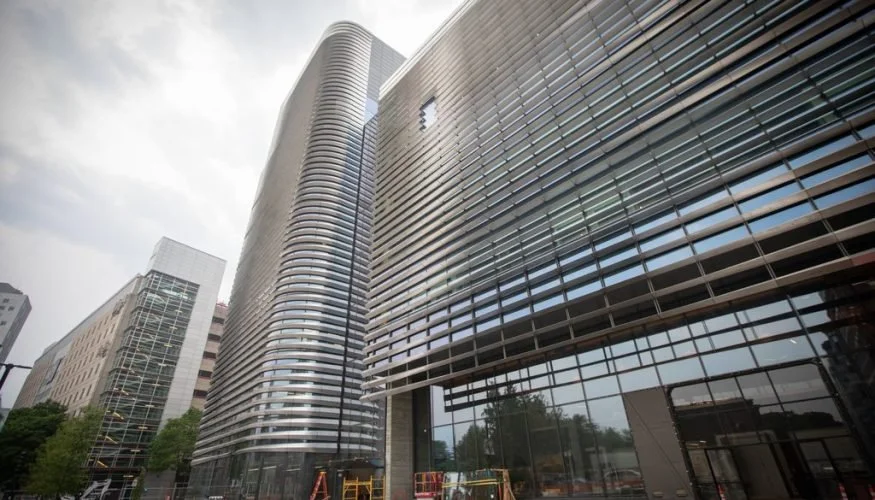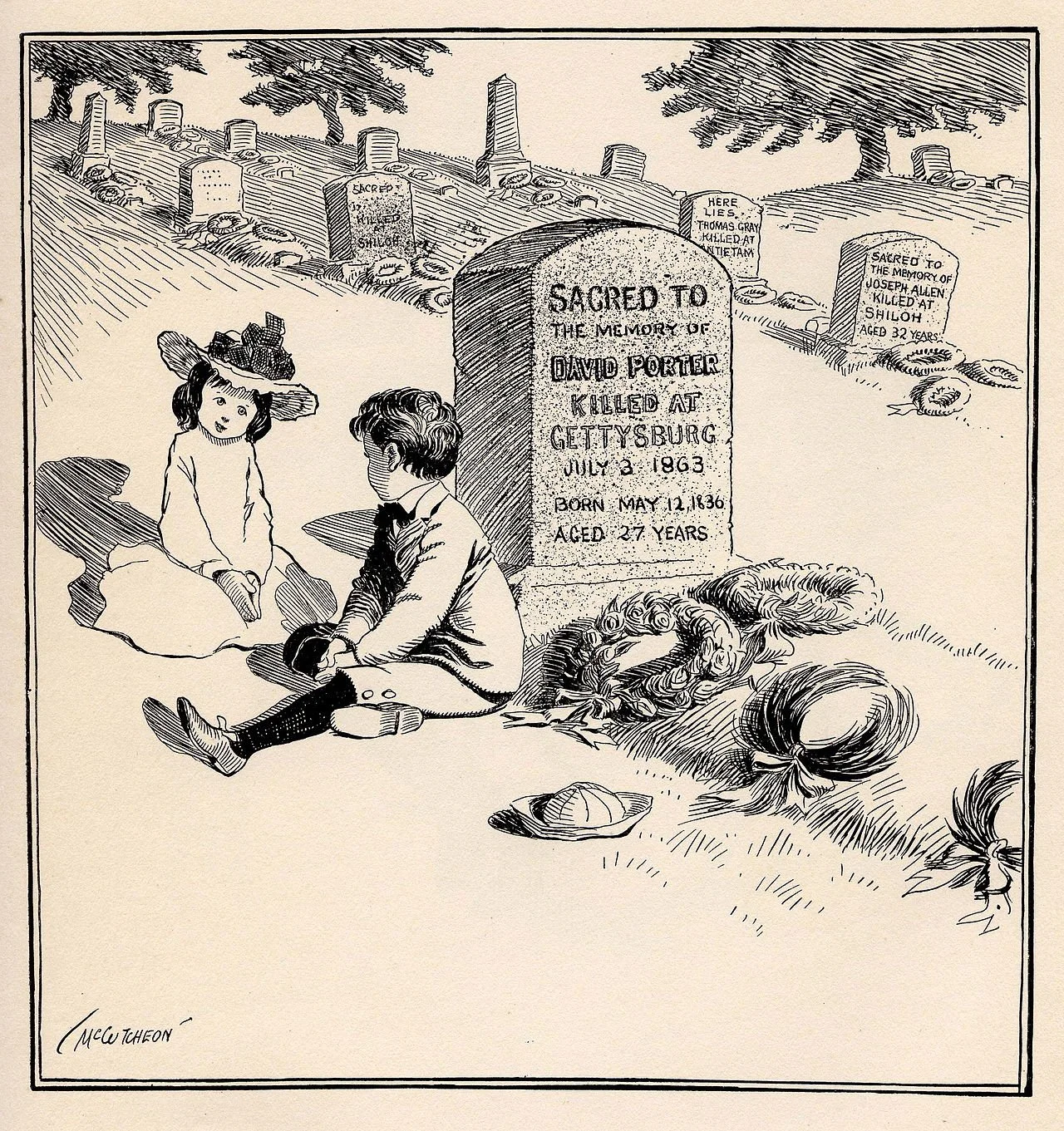Massachusetts Gov. Charles Baker wisely proposes to end that state’s film/TV-production tax credits. Perhaps it will get more Rhode Islanders thinking about such dubious projects as what I call 38 Studios Memorial Stadium, proposed for downtown Providence. (Readers would do well to read the March 9 Wall Street Journal article “Pro Stadiums, Public Money’’.)
In lieu of the gift to film and TV producers, Mr. Baker wants to expand the state’s earned-income tax credit, which helps poor people. That’s broad enough policy to perhaps help the economy of all of southern New England.
The Massachusetts film/TV tax credit goes back to 2005, when movie star and Massachusetts native Matt Damon pushed the idea. Legislators and then-Gov. Mitt Romney put in a law in that made film-and-TV-production companies eligible for sales, income and corporate-excise-tax credits. The giveaways were expanded in 2007 under then-Gov. Deval Patrick.
The math never added up for the state, much as politicians and others loved being photographed with movie stars and Boston gossip columnists loved writing about them. And, yes, it’s been nice for a few show-biz folks actually based in Massachusetts – while keeping money from people in other sectors and from, for example, MBTA repair.
Robert Tannenwald, a former Federal Reserve Bank of Boston economist who now teaches at Brandeis, analyzing state Department of Revenue data, told The Boston Globe that ‘’each full-time-equivalent job created by the credits and filled by residents has cost the commonwealth $118,000 in foregone revenue. For each dollar of foregone revenue, Bay Staters have earned only 53 cents in additional income.’’
And The Globe’s Joan Vennochi noted (“Good riddance to the Mass. film tax credit,’’ March 8): “{O}nly about one-third of the $304 million in spending generated by the tax credit{s}was spent in Massachusetts; and of nearly 2,000 jobs created by the tax credit{s}, only about one-third went to Massachusetts residents.’’
I think of film and pro-sports stadium scams when I drive around Rhode Island, with its Third World roads, crumbling bridges, decayed public buildings and other signs of infrastructure decline.
Those promoting special deals for favored individuals and businesses depend on the public not doing the macro-economic math. The fun for the favored few has to be made up in taxes paid by the unfavored and by not maintaining services and infrastructure used by everyone, thus hurting the economies of the jurisdictions handing them out.
Massachusetts and Rhode Island should focus on creating a fair, simple and transparent tax systems and on investing in physical infrastructure and services that help as many people as possible, not sexy economic special-interest groups and celebrity ego trips.
With the states’ superb location for doing business in the international market, famous educational institutions that directly and indirectly churn out technological innovations, and natural and manmade beauty, they can succeed without handing out special deals. Let the rich build the likes of stadiums entirely with their own money.
xxx
With the snowpack slowly melting, I recall this from Alan H. Olmstead’s book “In Praise of Seasons’’ about winter’s end, desired more than usual this year:
“Addicted to the thermometer, we are precariously indifferent to other standards for living. The fire stands off the ice; we run the season’s gauntlet between them, one half of us always a little too warm, the other on the verge of being too cold. We come near the end of our passage without much feeling of any kind, a surly numbness with the world as we would never have made it.’’
New England’s ''mud season'' is much maligned, but the prospect of softness underfoot, even a squishy softness, is happy. Finally, we’ll see the ground, the mud will dry out and the brown will change to green to soothe us for weeks, until we all too quickly take it for granted.
As Mr. Olmstead wrote:
“When, at last, spring starts to emerge, we know it first by a restoration of respect for things about us, a rebirth of loyalty to life, a softening of our partisan judgments, an ending of our harsh loneliness.’’ Briefly.
Robert Whitcomb (rwhitcomb51@gmail.com), overseer of this site, is a partner in Cambridge Management Group (cmg625.com), a health-care sector consultancy, and a Fellow of the Pell Center for International Relations and Public Policy. He's also a former finance editor of the International Herald Tribune and former editorial-page editor of The Providence Journal.















